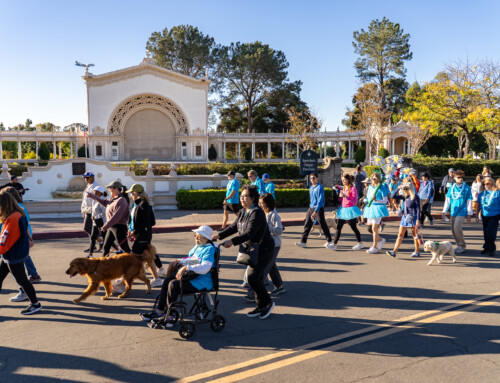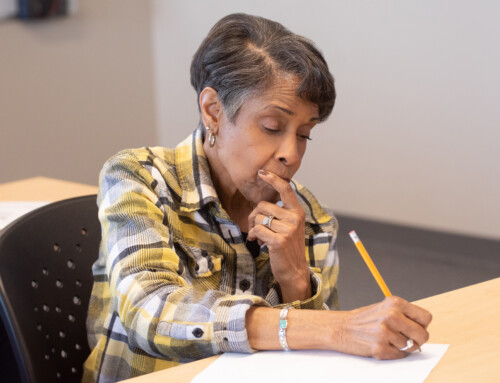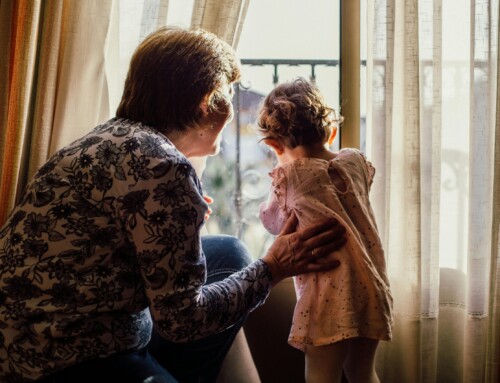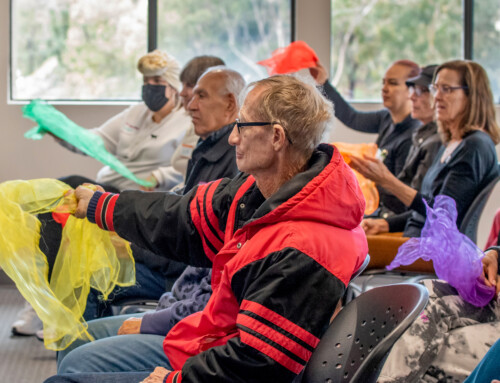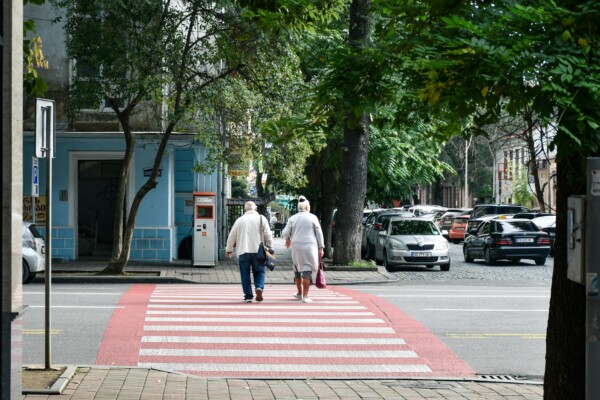
Falling, while common, is not a normal part of aging. One in three older adults age 65 or above fall each year, but steps can be taken for preventing falls for seniors.
Why do People Fall?
Many factors contribute to falls in older adults. Some factors are intrinsic (things that can’t be changed) and some are extrinsic (things that can be changed). Some examples of each are:
Intrinsic Fall Risk Factors: Impaired vision, loss of sensation, muscle weakness or stiffness, decreased flexibility, malnutrition or dehydration, illness, vertigo or dizziness, fear
Extrinsic Fall Risk Factors: Environmental hazards such as loose rugs or cracked sidewalks, medication interactions, steps without railings or adequate lighting, clutter, wet surfaces, rushing or hurrying, multi-tasking
People living with dementia are at an even higher risk of falling due to brain changes that impact sensory abilities, balance, and the visual field.
Tips to Prevent Falls
Environmental Solutions
- Use bright lighting and nightlights
- Ensure adequate space to move around
- Remove obstacles, clutter, and trip hazards
- Use non-skid mats and rugs
- Wear sturdy shoes: flat, firm, thin soles
- Repair damaged surfaces
- Be mindful of the trip and fall hazards that pets create
Assistive Devices
- Install handrails at all stairs and steps
- Position grab bars near the shower/bath, toilet, and in the kitchen
- Invest in elevated chairs, beds, and commodes
- Conduct transfers with a gait belt
- Try using rug tape
- Consider using cord covers
Communication Tips
- Keep language and comprehension changes in mind
- Use calm, slow, and clear speech
- Provide visual cues
- Avoid reasoning, arguing, or correcting
- Be respectful of the person’s personal space
- Offer encouragement and positive reinforcement
Additional Tips
- Review medications that may increase fall risk
- Maintain strength, flexibility, and balance
- Ensure adequate nutrition and hydration
- Allow plenty of time to complete tasks
- Do activities WITH the person with dementia, not TO or FOR them
For more information, call us at 858.492.4400 to speak with one of our dementia experts who are here to help San Diego County residents and/or those caring for someone living in San Diego County (Spanish speakers available). Also check out our free education classes, social activities, care partner support groups, & more.
RECOMMENDED: Personal Care for People Living with Dementia
Posted on July 29th, 2024

